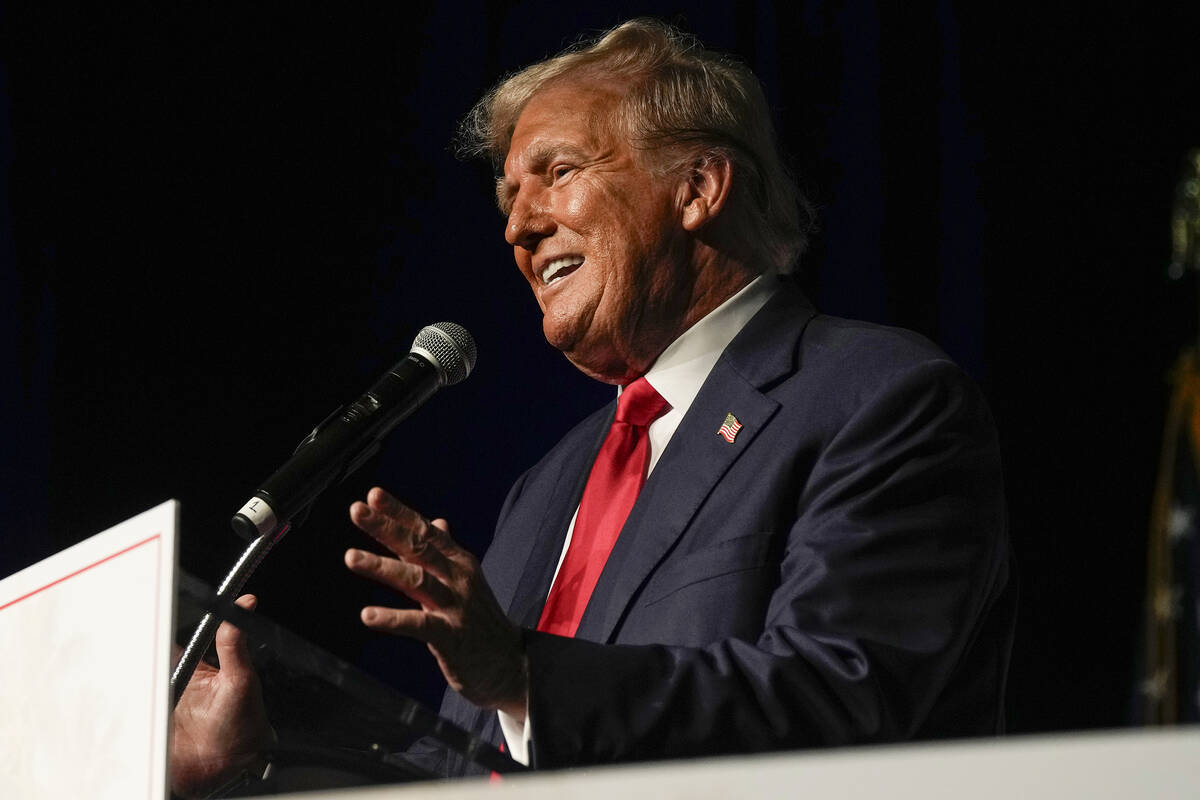EDITORIAL: The plan to cut the federal government down to size
Donald Trump lost his attorney general nominee on Thursday as Matt Gaetz withdrew his name from consideration amid an ethics probe and doubts about his confirmation odds. But the news wasn’t all bad for the president-elect, as his effort to force savings and efficiency on the federal leviathan came into clearer focus.
In a Wall Street Journal op-ed this week, Elon Musk and Vivek Ramaswamy outlined their plans to lead Mr. Trump’s Department of Government Efficiency. The entrepreneurs take their task seriously and are intent on delivering results.
“We are entrepreneurs, not politicians,” they wrote. “We will serve as outside volunteers, not federal officials or employees. Unlike government commissions or advisory committees, we won’t just write reports or cut ribbons. We will cut costs.” They don’t expect to flinch: “We are prepared for the onslaught from entrenched interests in Washington. We expect to prevail.”
Their recipe for progress is surprisingly simple and pragmatic. It hinges on two U.S. Supreme Court cases in which the justices finally put the brakes on an unaccountable administrative state, which for decades has served as a quasi-legislative force inside the executive branch. In West Virginia v. EPA (2022), the court held that Congress must explicitly authorize regulations involving major policy questions. This year, in Loper Bright v. Raimondo, the justices ruled that the courts no longer must defer to federal agencies’ interpretations of their own regulatory power.
Taken together, Mr. Musk and Mr. Ramaswamy argue that there are “thousands” of rules that “exceed the authority Congress has granted under the law.” They and their team plan to identify such rules and forward them to Mr. Trump to “initiate the process of review and rescission” through executive order. This, they maintain, “will be correcting the executive overreach of thousands of regulations promulgated by administrative fiat that were never authorized by Congress.”
Stuffing bloated bureaucracies back behind their constitutional boundaries will save billions for taxpayers, as fewer workers will be necessary to staff agencies that have had their authority “properly limited.” But the pair will also target spending that is “unauthorized by Congress or being used in ways that Congress never intended.” That includes handouts to special interests and $1.5 billion spent on “grants to international organizations.”
Mr. Musk and Mr. Ramaswamy vow to meet their cost-cutting goals without touching entitlement programs by focusing on the “sheer magnitude of waste, fraud and abuse” in the federal spending.
Past efforts to pare back the corpulent Washington bureaucracy have crashed and burned. But Mr. Musk and Mr. Ramaswamy have a track record of problem-solving, innovation and entrepreneurship. Something feels different this time.

















